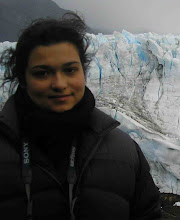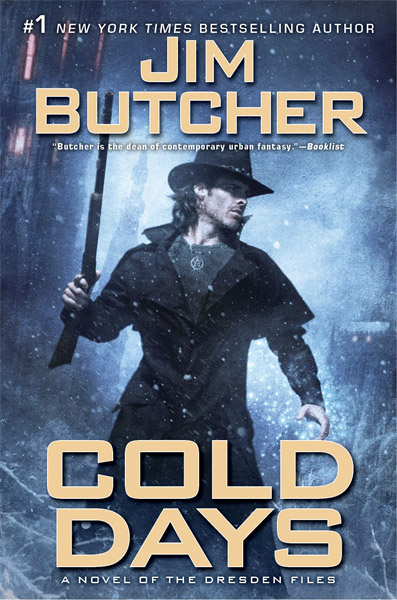It's 1808 and that Corsican upstart Napoleon is battering the English army and navy. Enter Mr. Norrell, a fusty but ambitious scholar from the Yorkshire countryside and the first practical magician in hundreds of years. What better way to demonstrate his revival of British magic than to change the course of the Napoleonic wars? Mr. Norrell moves to London to establish his influence in government circles, devising such powerful illusions as an 11-day blockade of French ports by English ships fabricated from rainwater. But however skillful his magic, his vanity provides an Achilles heel, and the differing ambitions of his more glamorous apprentice, Jonathan Strange, threaten to topple all that Mr. Norrell has achieved.
This book, by Susanna Clarke, was my travelling companion during a month-long jaunt through the Argentinean Patagonia. I was with a friend, and we got as far as Ushuaia, the southernmost city in the world. It was one of – if not the best – trips I ever took, complete with amazing animals and plants, hilarious adventures brought about mostly by our shortage of cash and hours spent on a bus through the most amazing landscapes.
It’s always strange how the circumstances surrounding the reading of a book end up colouring our view of it – I only have to glimpse at my copy of Jonathan Strange and Mr. Norrell to conjure up in my mind the empty planes, the amazing pinks and blues and greys that were so present in Patagonia. And I also believe the opposite is true – the magical atmosphere of this book, the strange plot, the bizarre world that is depicted, all of it contributed to my perceptions of the trip.
I do believe this book is above all a fantasy novel – its extremely well developed theories on magic (there are actually footnotes along the way, that reference an entire fictional corpus on the theory and history of English magic) as well as the dark and unsettling faery kingdom of Lost Hope – all of that is fantasy of the highest quality.
But there is also a second aspect to the novel, that falls neatly into the historical genre. A fictional history, during the Napoleonic wars, with battles, ministers and a society to accompany it. That might be one of the more original and appealing traits of the book, for me. Urban fiction– bringing magic to our everyday life – is common. But I do believe Susanna Clarke was one of the first to bring magic to our past – a fairy-tale like comedy of manners. I’ve since read other books that have a similar plan, but she was my first. I love that she tried to be precise and for the most part historically accurate in her renditions of Regency England and its accompanying society. The whole atmosphere of the novel, is a sort of jaunty wink to that period, with glimpses of gothic novels and romantic heroes aplenty. In fact, Jonathan Strange is quite the romantic character, with his tempestuous character and his devotion to his love(s).
But the central relationship in the novel is between the two practicing magicians, Mr Norell and Strange. It is a strained bond, that starts as a Master/Apprentice relationship, but devolves as the apprentice gains in popularity, and theoretic discussions and disagreements gain strength. The most important of those centres around the figure of the Raven King, a mythic being whose importance to English magic - or even its actual existence - is never agreed upon. The figure is quite mysterious, and the slightly metaphysical ending draws heavily on that basis – but I will say no more.
What I will say is that this is an original, very particular book. It is hard to categorise, and perhaps harder to be attached to than the more traditional staples of high fantasy. But it is also deeper than most common fantasy novels, and extremely well thought-out and written. I can’t recommend it enough.



No comments:
Post a Comment